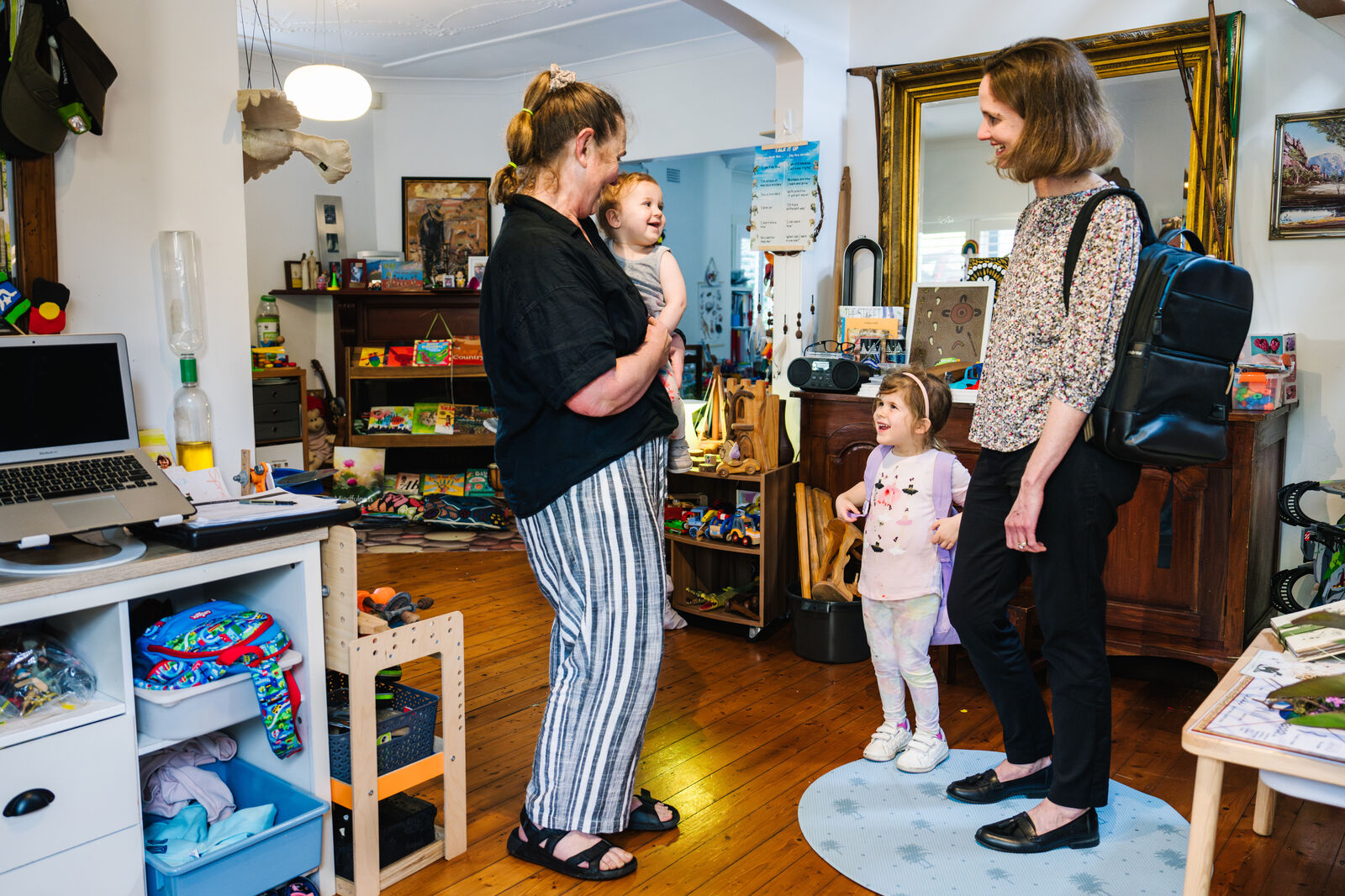
The NSW/ACT Inclusion Agency (IA) is part of the Inclusion Support Program and is managed by KU Children’s Services, in partnership with Include Me and Gowrie NSW.
The Inclusion Support Program aims to build the capacity and capability of educators to address participation barriers for all children through implementing quality inclusive practices.
Eligible Services
We provide free tailored inclusion support to eligible early childhood education and care services including:
- Centre-Based Day Care
- Outside School Hours Care
- Family Day Care services
Children with Additional Needs
While there is no national definition of ‘additional needs’, there are children who may need or require specific considerations or adaptations to participate fully in ECEC services (although not all children with additional needs will require support).
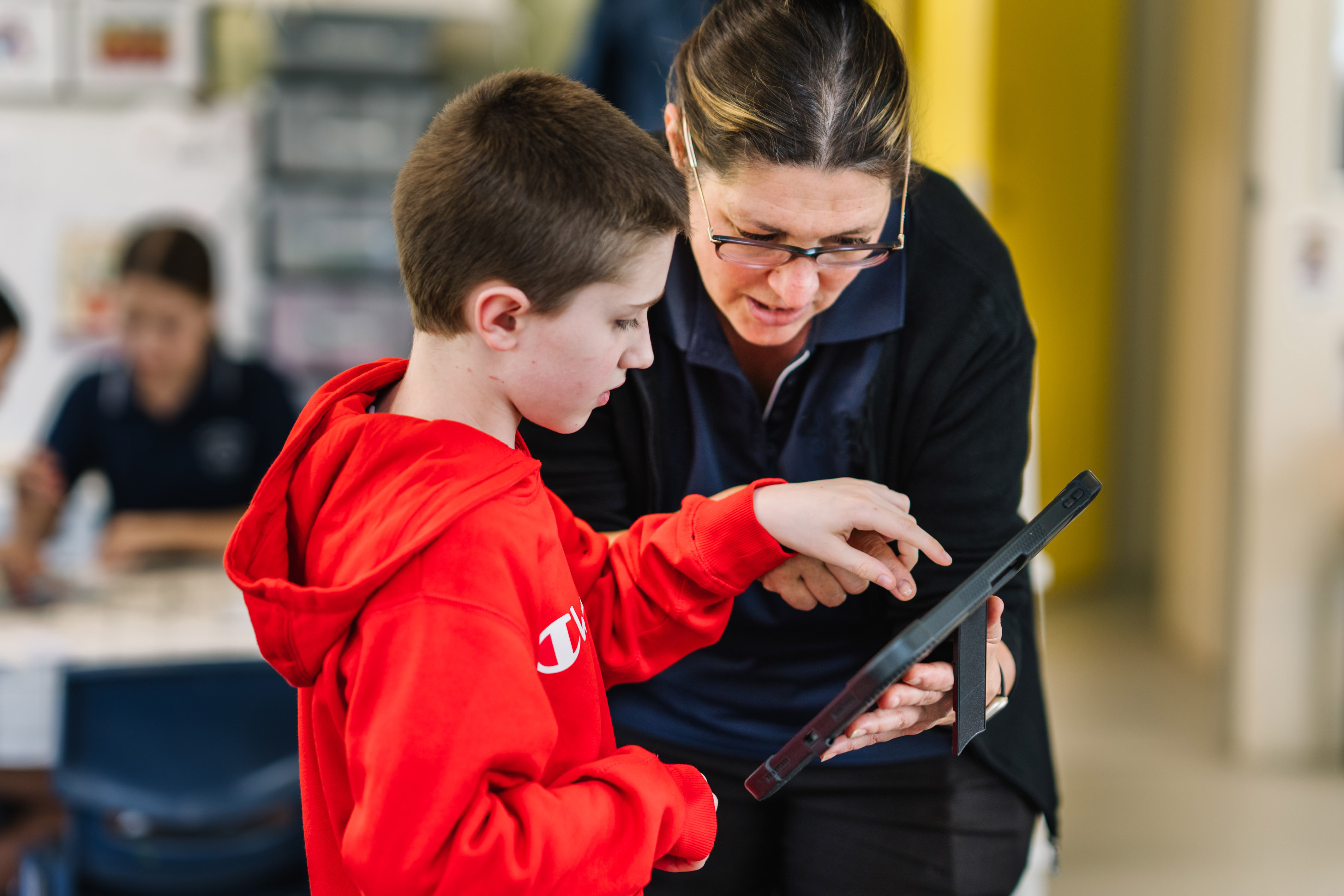
The Inclusion Support Program (ISP) supports educators to address access and participation barriers and to support the inclusion of children with additional needs, with their typically developing peers.
The Inclusion Support Program recognises that additional needs may arise for children who:
- Have a disability or developmental delay
- Are presenting with challenging behaviours
- Have a serious medical or health condition, including mental health
- Are presenting with trauma-related behaviours
and for children from:
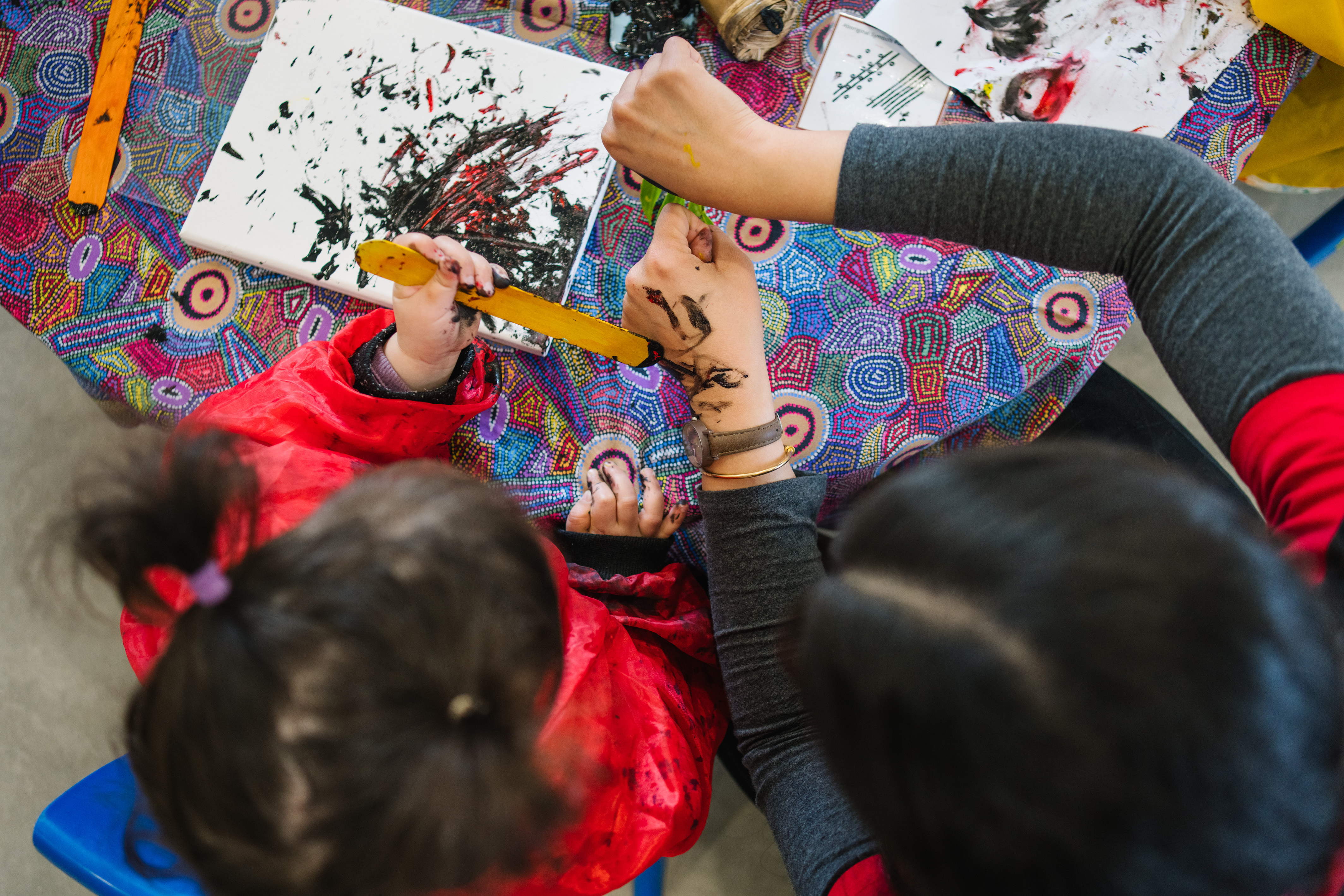
- Aboriginal and Torres Strait Islander backgrounds
- Culturally and linguistically diverse backgrounds
- Refugee or humanitarian backgrounds
who may also require special considerations, such as cultural support, to ensure that they are able to participate fully in early childhood education and care, out of school hours care and family day care services and experience positive outcomes.
Extract from: Australian Government Department of Education, Inclusion Support Program Guidelines, Version 2.6, July 2025.
On this page:
Inclusion is Important - everyone benefits
All children have the right to be included in children’s services. We know from research that all children benefit from belonging to, and participating in, quality inclusive child care.
An inclusive service provides a unique opportunity for children to play, develop and learn together with children of their own age. These relationships are the foundations for learning and provide a powerful way of belonging to a group and developing a sense of self.
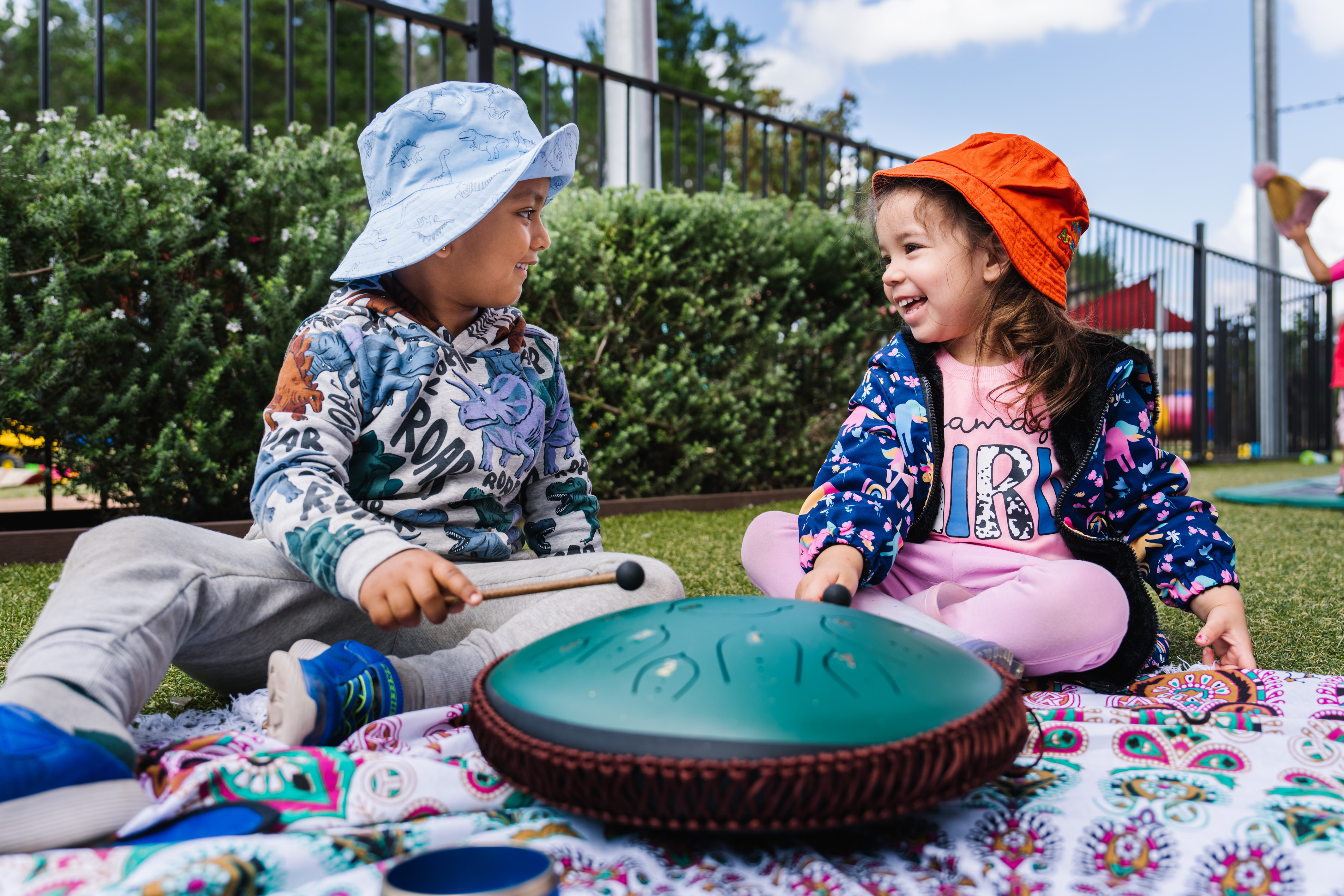
When children are included you will see them:
- Being encouraged to do things on their own
- Being supported to contribute
- Making their own choices
- Playing with their friends
- Having opportunities to learn new things
- Participating in the program alongside their same age peers
- Feeling safe and valued
Support options
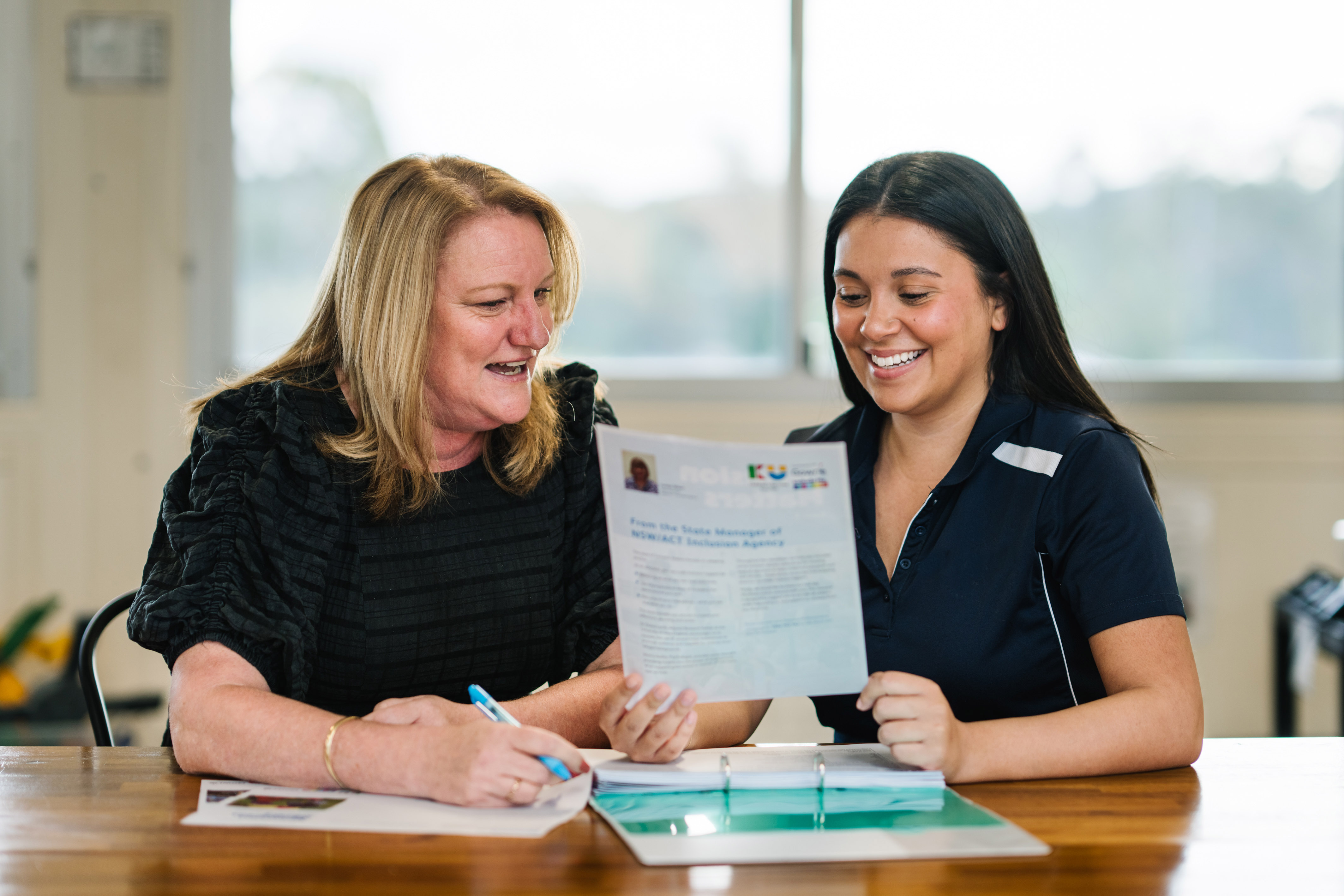
Educators are directly supported by our team of Inclusion Professionals, who are based at Inclusion Hubs across NSW and the ACT. Inclusion Professionals use a strengths-based approach, including coaching and practical inclusion advice when supporting each service. Support is provided through a combination of phone appointments, online appointments and service visits.
Inclusion Professionals (IPs) support educators to develop a Strategic Inclusion Plan that takes into consideration the whole room your child is part of. The plan is not focused on your child alone, or any one child specifically. Instead, the plan identifies what is needed to support educators to include all children.
Support is provided when requested by the service. This could include assistance to:
- Identify relevant professional learning opportunities
- Facilitate team meetings to discuss inclusion
- Reflect on policies, practices and procedures
- Provide networking opportunities for educators
- Access the Inclusion Agency website and other resources such as newsletters and sector updates
- Apply for an additional educator for the environment (if required)
Facilitating access to funding support for services is not the primary role of an Inclusion Professional. A diagnosis of a disability alone does not mean that funding for an additional educator is the best type of support for educators and services.
Additional Support Options
Through the development of a Strategic Inclusion Plan, educators might identify inclusion barriers that cannot be resolved through accessing support from the Inclusion Agency or Specialist Equipment Library (SEL) alone.
In these circumstances, the Inclusion Support Program (ISP) can provide further support to services through the Inclusion Development Fund Manager (IDFM).
Inclusion Development Fund Support Options
There are four streams of funding available through the Inclusion Development Fund Manager (IDFM) to support educators to address barriers to inclusion, each have different eligibility criteria, application processes and approved funding purposes.
The four streams of IDF funding are:
- Innovative Solutions Support
- Immediate/Time Limited Support
- Subsidy for an Additional Educator
- Family Day Care Top Up
Finding Quality Childcare
The Starting Blocks website aims to be a first step into early childhood and care. This website from the Australian Government provides families with information about children's
education and care services in their local area, including vacancies, fees, quality ratings and inclusions, as well as other resources, tips and topics especially for families
Advocating for your child: the early years
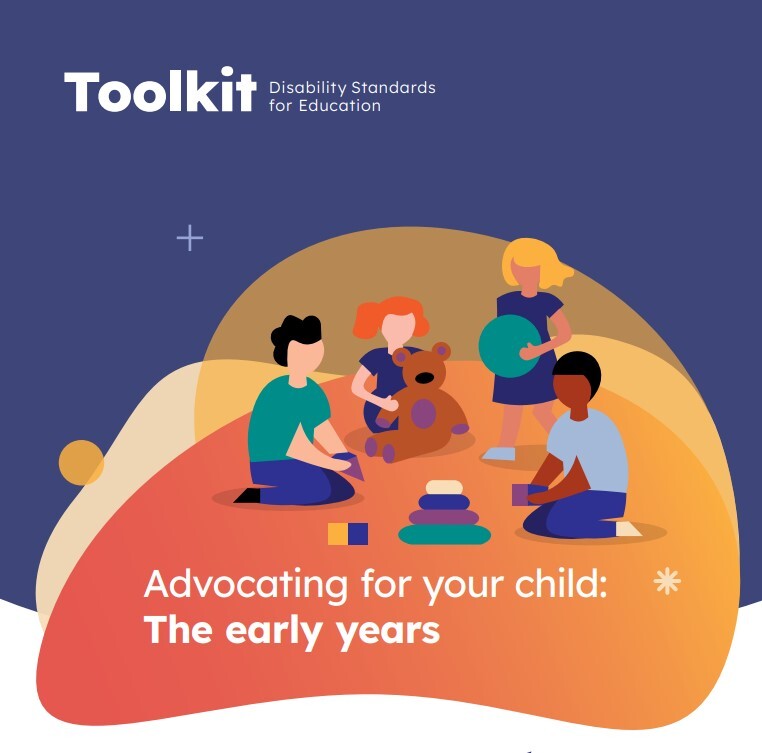
The Advocating for your child: the early years toolkit is specifically for parents and carers of young children with a disability. This toolkit explains your child's rights in ECEC services and how you can advocate for your child in ECEC.
Specialist Equipment Library
The NSW/ACT Inclusion Agency includes the Specialist Equipment Library (SEL). The SEL loans a range of specialist equipment, free of charge, to early childhood education and care (ECEC) services to enable children to access and participate in all aspects of an ECEC program.
Inclusion Professionals
What Inclusion Professionals do:
- Support educators to reflect on how they think and work so that all children are included
- Work with educators to identify any changes that need to be made to ensure all children are included and can participate with their friends
- Support educators to identify and access any resources they require to meet the needs of all children
- Provide access to specialist equipment to support a child’s inclusion at the early childhood education and care service
- Provide tailored support that is informed by the capacity and capability of the team of educators
What Inclusion Professionals don’t do:
- Assess or work with individual children
- Provide funding for one-to-one support for individual children
- Tell educators what to do or what resources they should use
- Provide access to specialist equipment for ongoing therapy needs
- Complete planning and/or funding applications on behalf of a service
Inclusion Together
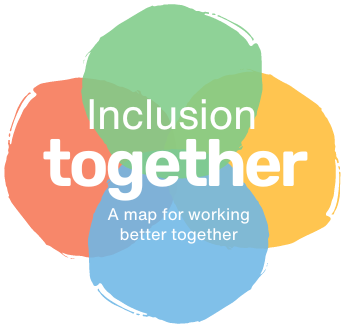
Inclusion Together is a free online resource that provides practical tools for supporting a child's learning, development and inclusion in an early childhood education and care service. This resource is designed to support the inclusion of children with disability or developmental differences through building an inclusion team that works well together.
Each section of Inclusion Together has information, ideas, strategies and videos that support an inclusion team to work together to strengthen inclusion and support children to play, learn, develop and thrive.
Starting the Conversation
All children have the right to access and participate in early childhood education and care (ECEC).
Starting the conversation is a resource developed by the Department of Social Services as part of Australia's Disability Strategy 2021-2031 to support educators and families to work together to support children with developmental concerns to fully participate in early childhood education.
Permission to share information
There are two consent forms that families may be asked to complete. Each of them has a different purpose.
1. NSW/ACT Inclusion Agency (IA) Consent – Permission to Share Personal Information
This form gives permission for educators to discuss and share information about your child with an Inclusion Professional (IP). This form is available in 10 community languages.
2. Department of Education Consent – Permission to share personal information for the purposes of the Inclusion Support Program
This form gives permission for information about a child to be linked to a service’s application to access Inclusion Development Funding on the Australian Government Department of Education Inclusion Support Portal.